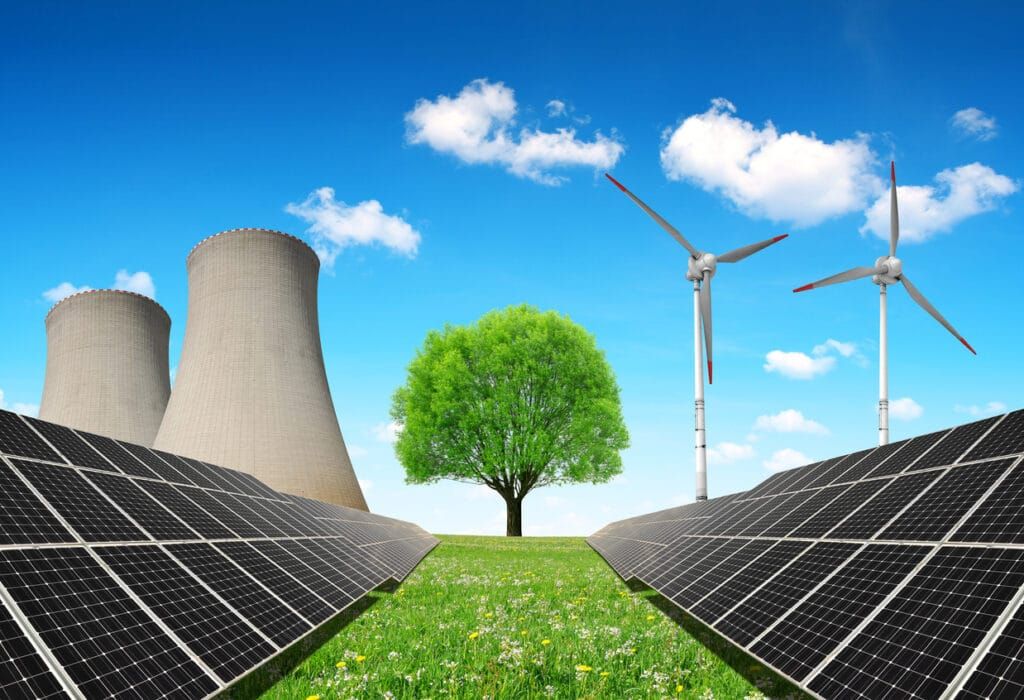In 2025, India is accelerating its sustainability journey through pioneering innovations in renewable energy, circular bioeconomy, green technology, and carbon neutrality. From AI-driven clean energy solutions to government-backed green incentives, these advancements are transforming India’s environmental landscape, economy, and global leadership in sustainability.
India’s commitment to sustainability is reaching new heights in 2025, driven by cutting-edge innovations and visionary policies that embody the country’s green leap forward. As India targets net-zero emissions and expands renewable capacity, groundbreaking technologies across sectors are turning ambitions into reality.
Key Highlights:
Renewable Energy Expansion: India surpassed 200 GW of renewable energy capacity by late 2024, powered by solar and wind hubs in Gujarat, Rajasthan, and Tamil Nadu. The ambitious goal of 500 GW by 2030 is underway, fueled by AI-powered solar tracking and floating wind turbines improving efficiency.
Circular Bioeconomy: Innovations turning waste into resource cycles reduce pollution and promote sustainability. Startups like Treetop Biopak create compostable packaging from agricultural waste, while BugEra develops biotech solutions for sustainable biofuels, supporting a $300 billion bioeconomy forecast by 2030.
Carbon Neutrality Technologies: India advances carbon capture, utilization, and storage (CCUS), green hydrogen production, and long-duration energy storage systems. UK’s Net Zero Now and US-based Cedara provide AI-driven carbon tracking and emissions reduction platforms aiding corporates in meeting climate goals.
Government Incentives: The 2025 budget allocated ₹20,000 crore towards small modular nuclear reactors and clean energy R&D. MSMEs enjoy up to 35% subsidies, zero-interest loans for green tech adoption, and carbon credit support, accelerating green transitions across industries.
Electric Mobility Growth: With a booming EV market growing 150% YoY, driven by players like Tata Motors and Ather Energy, India is moving closer to sustainable transport solutions, backed by widespread policy support and infrastructure development.
AI and Digital Solutions: Artificial intelligence enhances environmental monitoring, energy management, and climate risk assessment, enabling smarter decision-making and operational efficiency in sustainability practices.
Sustainable Agriculture and Water Conservation: Climate-smart agriculture techniques and water-saving technologies advance food security while protecting ecosystems amid growing climate challenges.
Industry and Community Collaboration: Public-private partnerships amplify innovation diffusion, while corporate ESG frameworks align investments with sustainable development goals.
Global Leadership: India’s G20 ‘Green Development Pact’ commitment and proactive climate diplomacy highlight its role as a sustainability pioneer on the global stage.
India’s green leap in 2025 is powered by a fusion of innovation, policy, and grassroots action, charting a promising path for a sustainable and prosperous future.
Sources: StartUs Insights, Invest India, Economic Times, Sustainability Standards, Birla Carbon, PIB, EY, MNRE, ESG Times
Stay Ahead – Explore Now!
No news available
